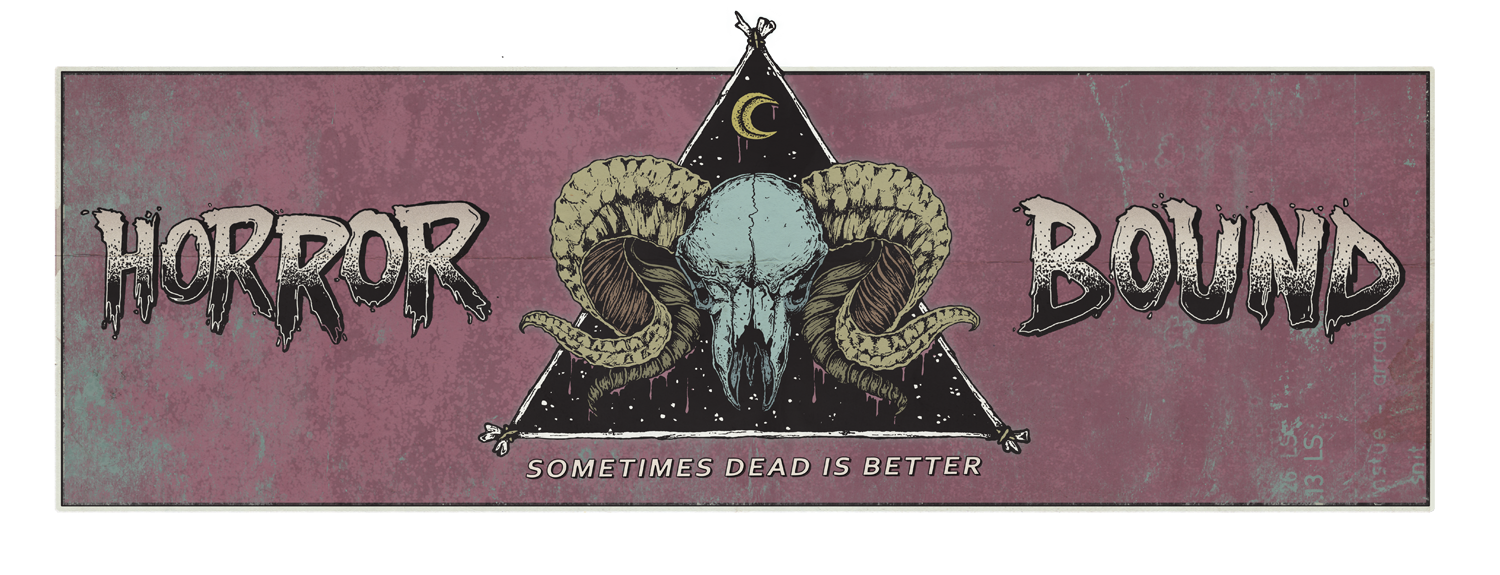BBC's Dracula Is a Love Letter to Monster Movies
It’s time to take a trip to Transylvania once again, let us take the carriage to the Borgo Pass where the driver will drop us off a few miles away from our destination, the passengers and the driver are too afraid to take us any further. We’ll wait until sunset for the mysterious black carriage with an unknown driver to take us to our final destination…Dracula’s Castle.
Of course, I’m talking about the new BBC miniseries, Dracula, written by former Doctor Who showrunner Steven Moffat and occasional writing partner Mark Gatiss, both of whom also helmed the wildly popular miniseries, Sherlock. Were the pair able to capture what made Sherlock a hit once again? The short answer is absolutely, but what makes Dracula a show worth watching?
Starting, one needs to know that this is not a straightforward adaptation of Bram Stoker’s novel; instead, it is a re-imagining of the vampire classic which utilizes characters and events based on Stoker’s original story. Some books deserve adaptations that stick closely to the plot of its source material, while others have been adapted so many times that a new take is always welcomed. Dracula is a love letter to the monster movies of yore while simultaneously managing to stand on its own merits and is a welcomed addition to the Gothic vampire genre.
The series takes many liberties with the story and characters, which isn’t a bad thing in this situation. One such change is Dracula’s arch-nemesis; Abraham Van Helsing is now Sister Agatha Van Helsing, who is portrayed by Dolly Wells. Van Helsing is an intelligent and head-strong nun who has struggled with her faith and must delve into the dark forces that encompass Dracula as the two play both a figurative and literal game of chess as she tries to find a way to stop the 500-year-old prince of darkness. Danish actor Claes Bang plays Dracula himself; his performance is both an amalgamation of previous actors who portrayed Dracula, such as Christopher Lee, Frank Langella, and Bela Lugosi, while simultaneously adding a personal touch of life’s blood to the famous Count who is on a mission to flee his home in search of fresh and dignified blood that will sustain him for another 500 years. Apart from Dracula and Van Helsing, a majority of the supporting cast are not in the series long enough for the audience to attach themselves, including the familiar characters of Johnathan Harker, Mina Murry, Quincey Morris, and Lucy Westenra.
If there is one thing that stands out about the series, it’s the surprising amount of gore and horror that would make Clive Barker blush. While the series retains the trademark dark humor and sexual innuendo that is to be expected from the Moffat/Gatiss duo, the shocking about of gore and legitimate horror is unexpected and welcome, such as a now-infamous scene where a fingernail is pulled off slowly in an extreme closeup; causing many viewers to switch the channel when the first episode premiered.
While the main points of the original Dracula novel are covered, there are several liberties and twists taken by the writers that could either infuriate audiences or make them praise this as one of the best Dracula representations in the past 20 years. One of those liberties being the attempt to explain why Dracula hates the sun, the cross, and his reflection (aside from the simple Good vs. Evil explanation). These explanations humanize the king of the vampires and give the audience something relateable about Dracula that they can attach themselves to, a rarity in Dracula adaptations.
Ultimately, the BBC Dracula miniseries is a welcome addition to the Dracula mythos, both the protagonist and antagonist are a joy to watch, the story is exciting and pulls you in from the beginning of episode one to the end of episode three, and the series celebrates the genre in which it is representing. 4/5 stars, check it out.
Scared to miss a review? Subscribe to our newsletter HERE
Want more horror movie reviews? Just search below:




